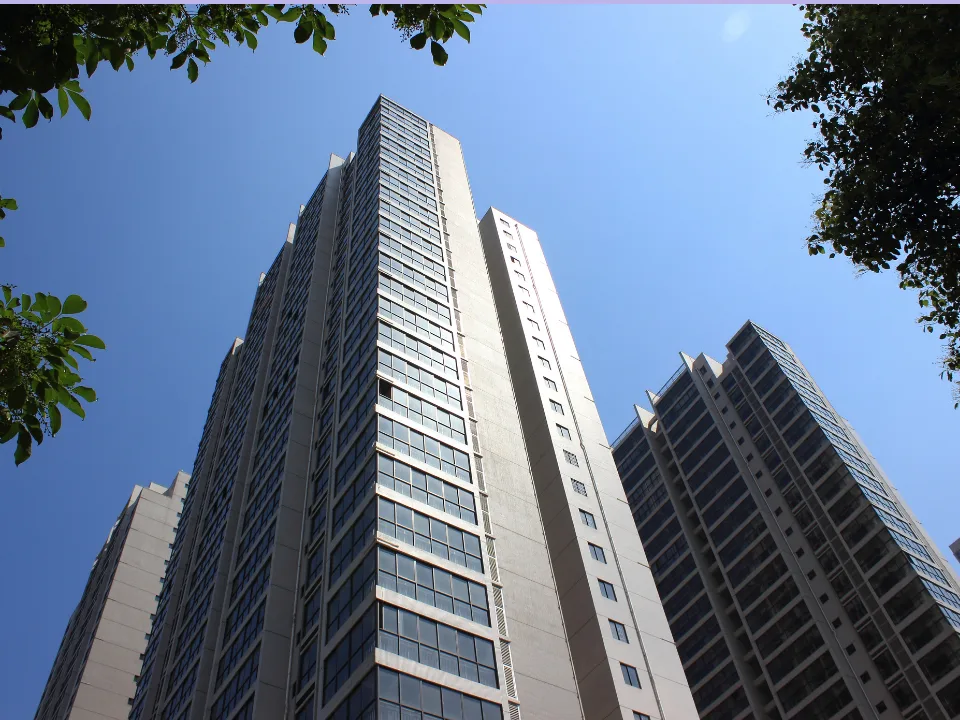- RXR’s planned $1.1B acquisition of 590 Madison Avenue signals the return of billion-dollar office deals in NYC, driven by contrarian confidence in undervalued assets.
- Soaring Treasury yields, erratic fiscal policy, and global trade instability have stalled many investors — but not those who see opportunity in dislocation.
- Contrarian investors are betting on long-term value and discounted acquisitions, while acknowledging the heightened risk in a market shaped by high debt costs and volatile underwriting conditions.
On May 19, 2025, RXR’s CEO Scott Rechler signed a letter of intent to buy 590 Madison Avenue for $1.1B, reports Commercial Observer. The deal marks the first NYC office sale to surpass the billion-dollar mark in nearly three years. It wasn’t just a vote of confidence in Midtown Manhattan; it was a clear signal from contrarian investors like RXR’s Scott Rechler that uncertainty is fertile ground for opportunity.
Swimming Against The Tide
Rechler, speaking just days earlier at Commercial Observer’s New York State of Office Forum, said the value reset across office real estate has made the sector a strategic buy — precisely because most institutional capital has pulled back. Investors like Rechler, who see “uninvestable” as “opportunity,” follow in the footsteps of pioneers like David Walentas and Bill Zeckendorf Jr., who bought when others ran.
Get Smarter about what matters in CRE
Stay ahead of trends in commercial real estate with CRE Daily – the free newsletter delivering everything you need to start your day in just 5-minutes
A Market Built For Outsiders
Chad Carpenter, founder of Reven Capital, knows this playbook well. After launching a $1B office REIT focused on distressed assets, Carpenter credited past downturns for shaping his contrarian mindset. “If you can buy a building at half replacement cost, with a solid return even at partial lease-up — that’s a bet worth taking if you think the world will recover.”
Other investors echo that approach. Criterion’s Chuck Rosenzweig sees market retreat as a signal to enter. Trinity’s Sean Hehir, fresh off a record-setting $865M hotel sale in Phoenix, says hands-on asset management makes all the difference in volatile times.
The Return Of Uncertainty
Despite optimism after the 2024 election and a long-awaited Fed rate cut, April 2025 triggered a market chill. Dubbed “Liberation Day,” President Trump’s sweeping tariffs shocked the stock and bond markets. The resulting volatility froze deals and reintroduced instability that many hoped was in the rearview mirror.
This period also underscored how sensitive CRE is to broader fiscal and monetary policy. Trump’s tax-heavy “Big Beautiful Bill” sent Treasury yields to highs not seen since 2007, further complicating underwriting and putting downward pressure on asset values.
The Debt Overhang
With $9.2T in marketable US debt maturing within a year, the government must offer high yields to entice buyers — pushing borrowing costs up across CRE. The US debt-to-GDP ratio sits at 124%, and credit downgrades have added a layer of skepticism in the bond market. CRE players are struggling to model growth that can outpace the rising cost of capital.
A High-Stakes Contrarian Bet
Contrarian investors are placing calculated bets on distressed, undervalued, or fundamentally strong assets. From industrial acquisitions in Denver to select plays in multifamily, student housing, and necessity-based retail, the focus is increasingly on sector expertise and operational efficiency.
“This isn’t a market where you buy everything,” said DWS’s Todd Henderson. “It’s a stock picker’s market — and the smartest money knows it.”
What’s Next
While risk remains high, the disciplined few — including contrarian investors — are pushing forward. KKR, Newmark, and sovereign funds are still active, following long-term trends rather than short-term noise. As Trinity’s Hehir put it: “Markets go sideways for a while, but they always rebound.”
Still, for all the optimism, even the most seasoned contrarian investors admit the stakes are high. “If rents rise, you’ll do great,” said Carpenter. “If they fall for 10 years, it’s a disaster. You just don’t know.”
In today’s market, conviction alone isn’t enough. It takes courage, deep pockets, and a high tolerance for risk — but for contrarian investors, that’s always been the point.

















